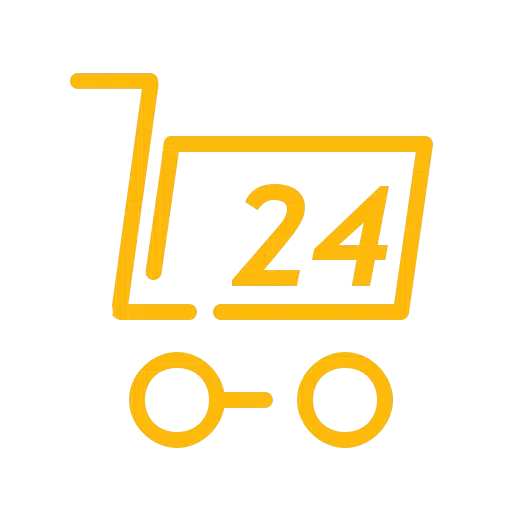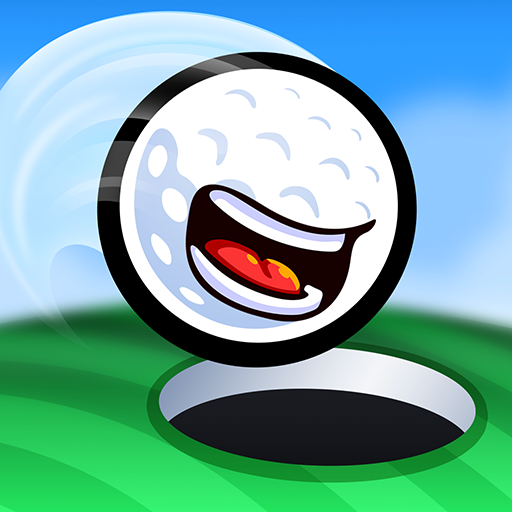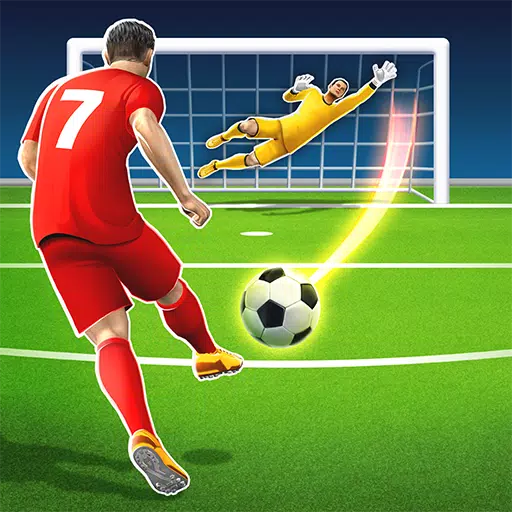Google Devs on Why Console Stores Are Overloaded with Low-Quality Games
The PlayStation Store and Nintendo eShop are experiencing an influx of low-quality games, often described as "slop," raising concerns among users. These games, frequently simulation titles, utilize generative AI for misleading marketing materials and often bear striking resemblance to popular games, sometimes even copying names and themes. This issue, initially prominent on the eShop, has recently spread to the PlayStation Store, particularly affecting the "Games to Wishlist" section.
The problem extends beyond simply "bad" games; it's the sheer volume of nearly identical, low-effort titles overwhelming legitimate releases. These games often feature janky controls, technical issues, and limited gameplay, failing to deliver on their advertised promises. A small number of companies appear responsible for this surge, making them difficult to identify and hold accountable due to limited public information and frequent name changes.
User complaints have prompted calls for stricter storefront regulation, especially given the eShop's declining performance due to the sheer volume of games. This investigation explores the reasons behind this phenomenon, comparing the experiences of Steam, Xbox, PlayStation, and Nintendo.
The Certification Process: A Key Difference
Interviews with eight game developers and publishers (all requesting anonymity) revealed insights into the game release process across the four major platforms. Generally, developers must first gain access to development portals and devkits (for consoles). Then, they submit game information and undergo a certification process ("cert," "lotcheck") where the platform checks for compliance with technical requirements, legal issues, and ESRB rating accuracy. While Steam and Xbox publicly list their requirements, Nintendo and Sony do not.
A common misconception is that certification acts as a quality assurance check. This is inaccurate; developers are responsible for pre-submission QA. Platforms primarily verify code compliance with hardware specifications. Rejection often comes with limited explanation, particularly from Nintendo.
Store Page Review: A Variable Process
All platforms have requirements for accurate game representation in screenshots. However, enforcement varies. While Nintendo and Xbox review all store page changes, PlayStation conducts a single pre-launch check, and Valve only reviews the initial submission. Although some level of diligence exists to ensure accuracy, standards are loosely defined, allowing misleading content to slip through. Penalties for inaccurate information typically involve removal of the offending content, not necessarily delisting the game or developer. None of the console platforms have specific rules regarding generative AI use in games or marketing materials, although Steam requests disclosure.
Why the Discrepancy?
The differences in platform approach explain the varying levels of "slop." Microsoft vets games individually, making it less susceptible to mass uploads of low-quality titles. In contrast, Nintendo and Sony's developer-based approval system allows easier mass releases once a developer is approved. This, combined with a focus on technical compliance over content quality, enables the proliferation of these games. One developer described Nintendo as "probably the easiest to scam."
The use of perpetually discounted bundles, strategically timed to remain near the top of "New Releases" and "Discounts" sections, exacerbates the problem on the Nintendo eShop. Similar issues plague PlayStation due to its "Games to Wishlist" sorting algorithm, which prioritizes unreleased games alphabetically by release date.
Steam, while potentially having the most "slop," avoids significant backlash due to its extensive search and sorting options and the constantly refreshing nature of its "New Releases" section. Nintendo's eShop, however, lacks robust filtering and sorting, contributing to the problem.
The Path Forward: Uncertain Solutions
Users have urged Nintendo and Sony to address the issue, but neither company responded to requests for comment. While Sony has taken action against similar issues in the past, the developers interviewed expressed pessimism about immediate solutions. The concern exists that stricter regulation could inadvertently target legitimate games. A recent attempt to create a filtered eShop ("Better eShop") highlighted the challenges, wrongfully flagging several games.
The developers emphasized that platform holders are ultimately individuals trying to balance allowing diverse games while preventing exploitative practices. Differentiating between a student project, a poor game, an asset flip, and an AI-generated game presents a significant challenge.
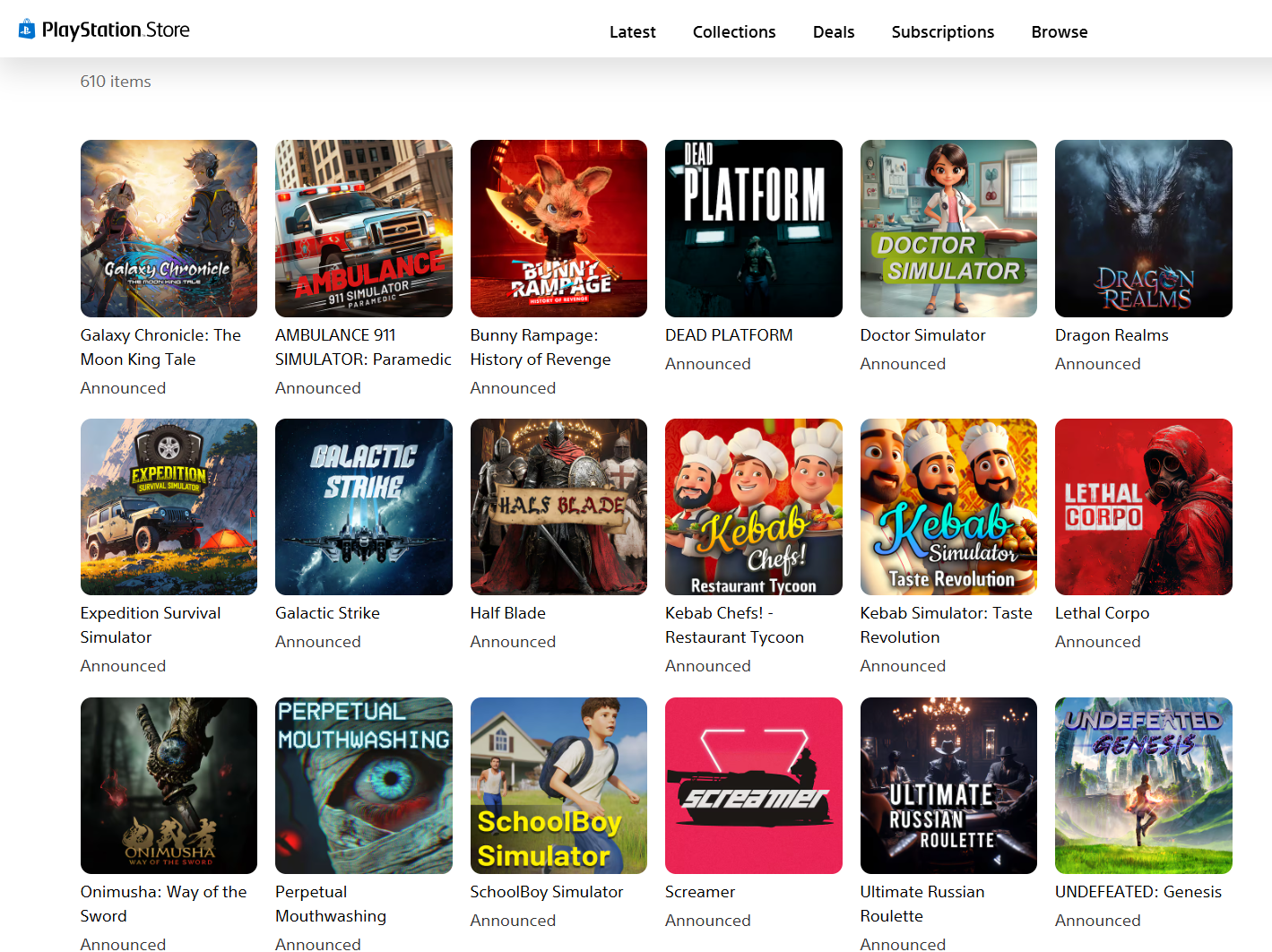
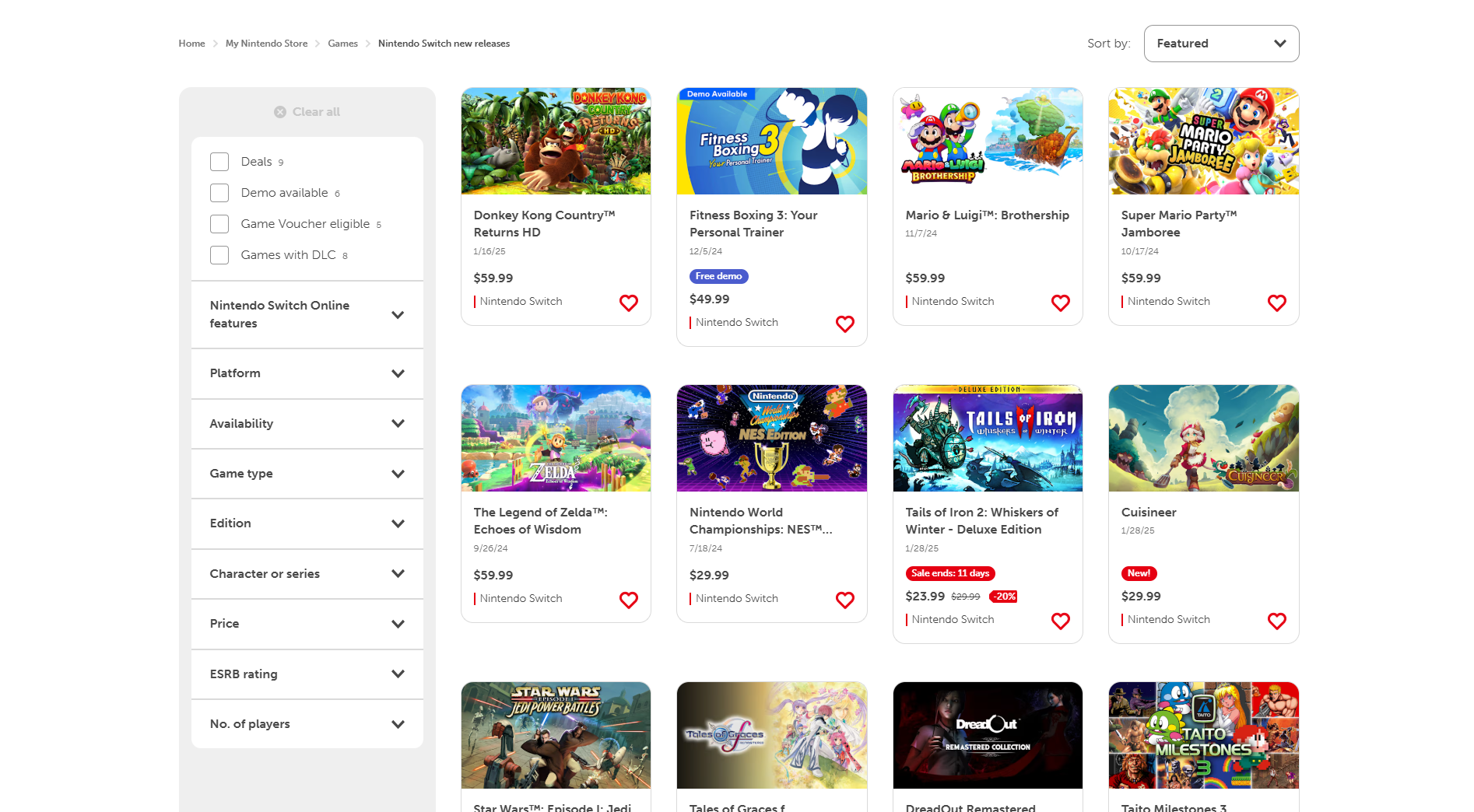
- 1 Zenless Zone Zero [ZZZ] Codes (December 2024) – 1.4 Livestream Codes Feb 08,2025
- 2 Capcom Spotlight February 2025 and Monster Hunter Wilds Showcase: Everything Announced Mar 05,2025
- 3 New LEGO Sets for March 2025: Bluey, Harry Potter, and More Mar 06,2025
- 4 Gothic 1 Remake Demo: Frame-by-Frame Comparison with Original May 01,2025
- 5 Blazing Conquest: Conquer Lords Mobile on Mac with BlueStacks Air Feb 21,2025
- 6 PUBG Mobile Redeem Codes for January 2025 Live Now Feb 13,2025
- 7 "Tower of God: New World Introduces Alphine and Kaiser" Jun 28,2025
- 8 Pokémon TCG Pocket Unveils Premium Pass and Trade Tokens Apr 21,2025
-
Best Racing Games to Play Now
A total of 10
-
Top Business Management Apps for Android
A total of 10
-
Best Competitive Multiplayer Games on Android
A total of 10




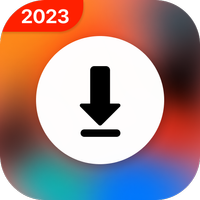
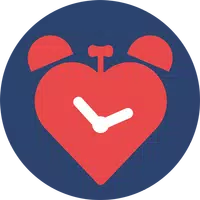
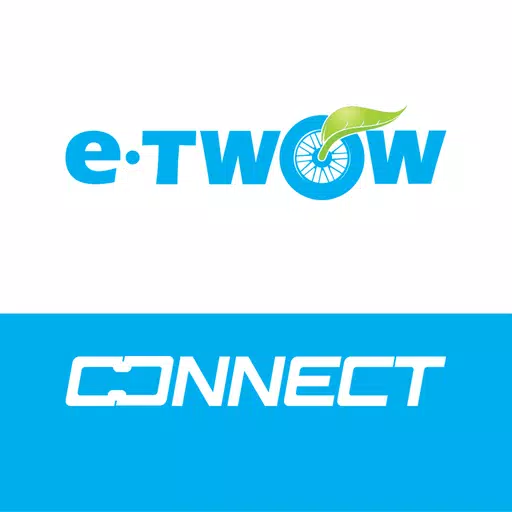


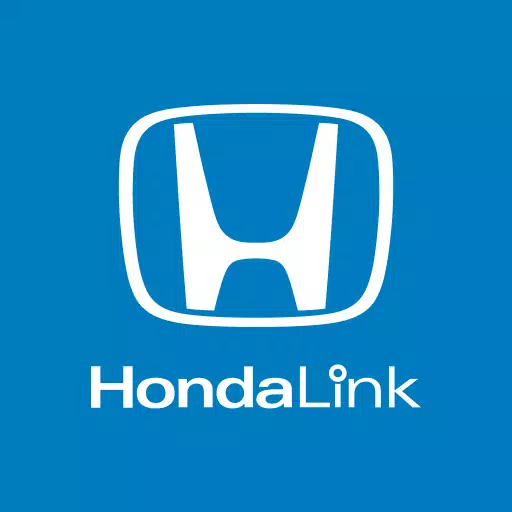
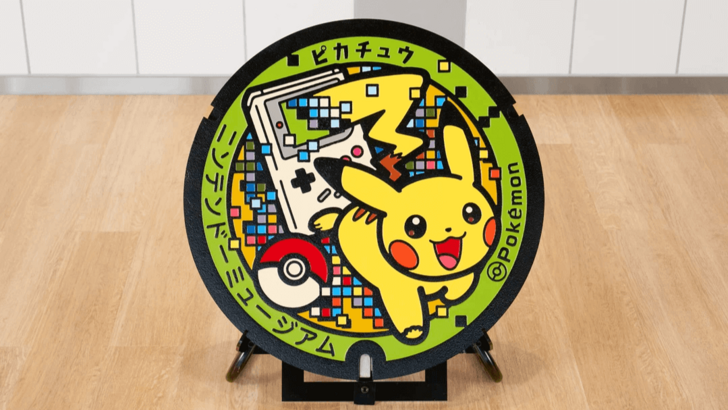
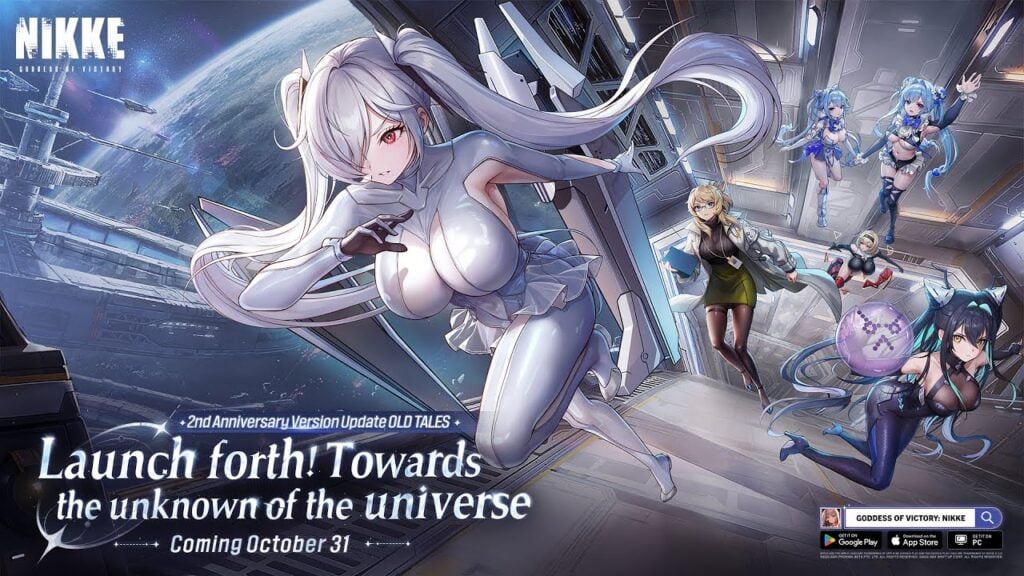
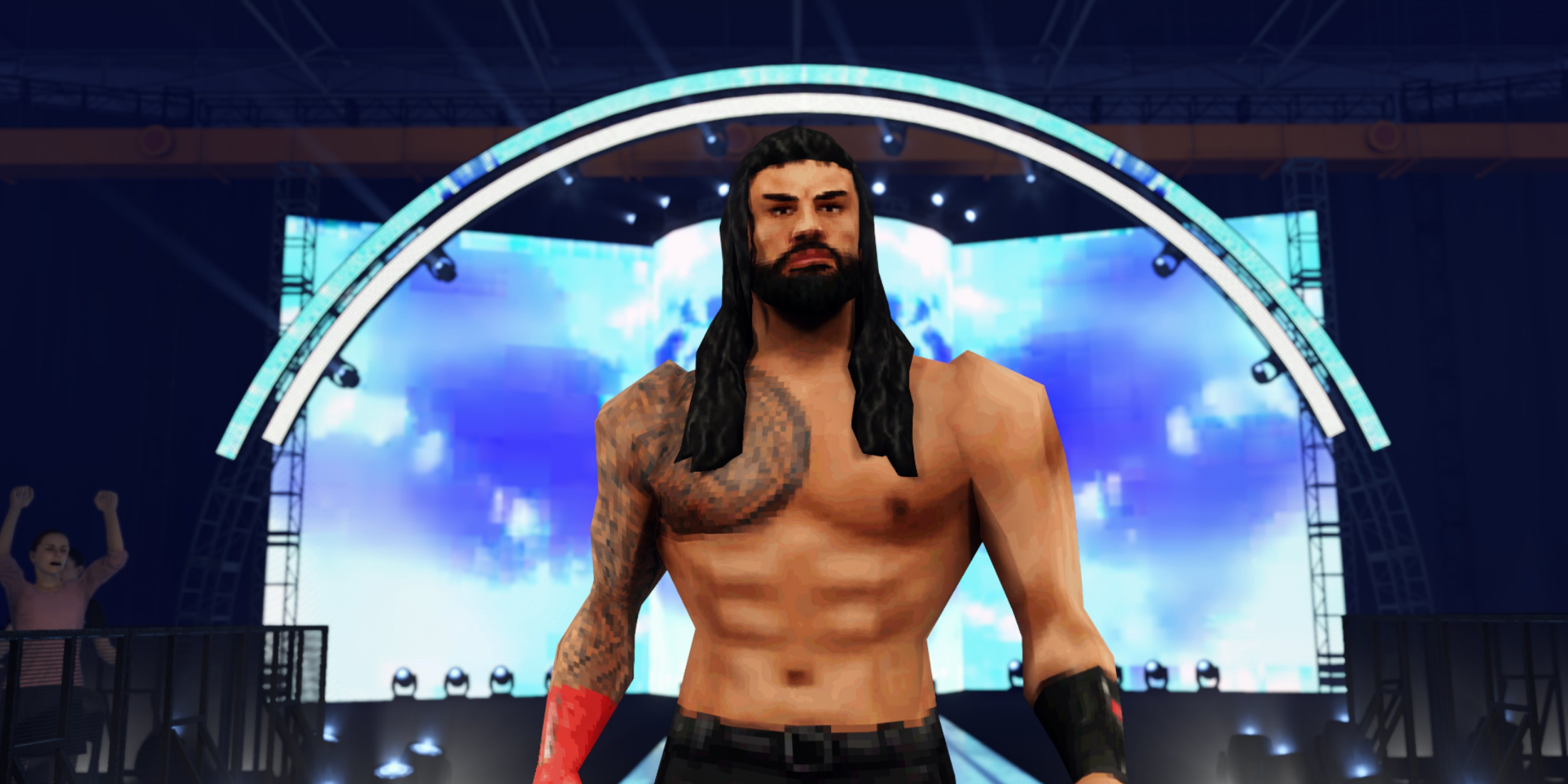
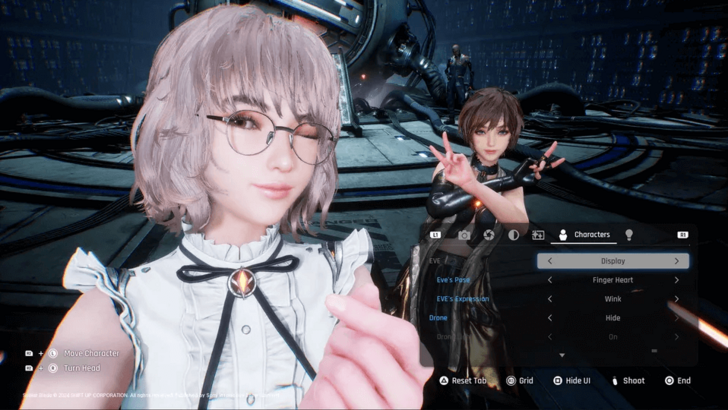
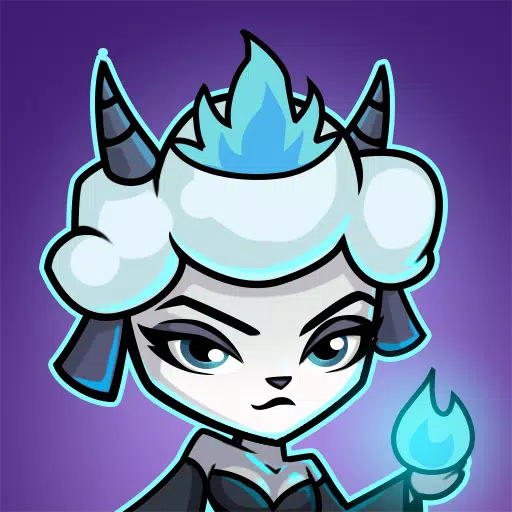


![Business of Loving [v0.12.5i] [Dead End Draws]](https://imgs.96xs.com/uploads/18/1719555107667e5423ef803.jpg)






